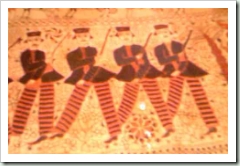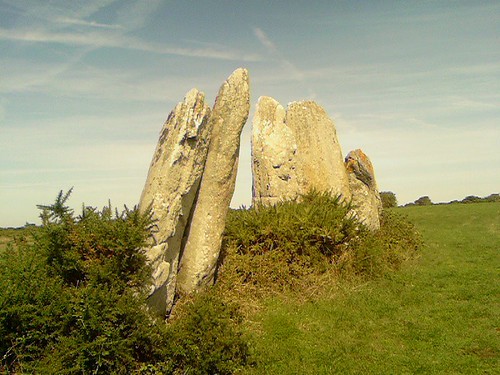I haven’t explored it fully, but looks like a great idea – a search engine for Shakespeare quotes. I foresee much use in future theatre reviewing …
Search this blog
Archive
Categories
I haven’t explored it fully, but looks like a great idea – a search engine for Shakespeare quotes. I foresee much use in future theatre reviewing …
Speaking of Oxford as a royalist stronghold during the English Civil War:
Anthony Wood – or Anthony a Wood, as he styled himself – was an Oxford type, a kind of person still to be found in the city’s narrow streets. He liked to spend his afternoons picking up old ballads, broadside and pamphlets … He had … 35 items on Conduct, and 660 on Armies, including battles, sieges and civil war. He also collected accounts of treason trials, crimes and murders (357), smoking, cards, feasting, progresses and sideshows (56), and works on the radical sects – among whom he included Presbyterians (179) – and on witchcraft (42) and women (139). He was especially careful about cataloguing the last group, indexing them under ‘Women’s advocate; women’s vindications, women virtuous; women hist of; Women’s rhetroic; women’s history’ Wom Parl. If; Women modish and vanity; women excellent.”
From, Diane Purkiss, The English Civil War: A People’s History, Harper Press, 2006. p. 277
Over on My London Your London I’ve an account of the Myths of Bengal exhibition at the British Museum. It has wonderful striking images of powerful women – unfortunately they’re all goddess, and they all get tamed in the end.
 But the exhibition also has some lovely domestic quilts, that show women making the most of the opportunities available to them, such as the one from which this detail of British soldiers is taken …
But the exhibition also has some lovely domestic quilts, that show women making the most of the opportunities available to them, such as the one from which this detail of British soldiers is taken …
Over now on the History News Network with Ralph E. Luker: you can vicariously experience “Practical Archaeology for Beginners”, visit some “war on terror” medieval strippers, and some new ideas for Google search to work on.
Do check it out!
Yes, OK, these are my holiday photos, but you don’t have to look at them if you don’t want to, and there is quite a smattering of history in here …
This walk around Brittany followed paths like this, and country lanes, on what the tourist office map describes as the Circuit de Crucano and the Circuit de Sainte-Barbe, just north-east of Plouharnel. (Not a very accurate map I should warn anyone following in my footsteps, although the paths themselves are very well marked.)
The paths appear to be if not ancient (although the way they link ancient sites is suggestive), certainly historic – in fact given the presence of fountains and chapels they are certainly medieval and early modern pilgrimage routes. They are often lined with dry-stone walls and the presence of ancient apple trees unattached to buildings suggests there was once much more settlement here than there is now. There are also lots of blackberries, and it seems the French aren’t much into picking blackberries as they walk, since you don’t even need to get seriously scratched to pick as much as you can eat.

Just north of the Plouharnel Gare SCNF (no trouble crossing the rail line – it only runs July-August, in a very French way!) is the Menhir du Vieux Moulin. (“Standing stones of the old mill” – no longer in evidence). They reminded me of what the guide at the Alignements du Menec said (well she said and a friendly visiting Englishman helped me to understand – her French was tres rapide) about the menhirs at the start of each alignment tending to be placed very close together, forming almost or perhaps in fact a wall – maybe only certain people were allowed to progress beyond that.
Catching up with the reading, I learn that all Britons are newcomers. All previous colonising attempts having ended in failure, it was only a group of people who arrived a mere 12,000 years ago (or later) from whom the population that entered history were drawn.
This marks the final report of the five-year Ancient Human Occupation of Britain, on which I’ve previously reported. The oldest evidence of a human species comes from 700,000 years ago,
“It looks like there were eight separate colonisation attempts we can record and seven of those were unsuccessful,” said Prof Stringer, speaking yesterday at the British Association Festival of Science in Norwich. “Britain was re-populated over and over again. This is a very young continuous occupation we’re seeing here.”
Each unsuccessful population died out or was forced to retreat due to an adverse change in climate. “Britain has suffered some of the most severe climate changes of any area of the world during the ice ages,” said Prof Stringer. “At this time Britain was on the edge of the inhabited world, at the edge of human occupation and human capabilities.”
Kind of makes you wonder about what it might be like in a couple of hundred years, with all the coming turbulence of the world climate…